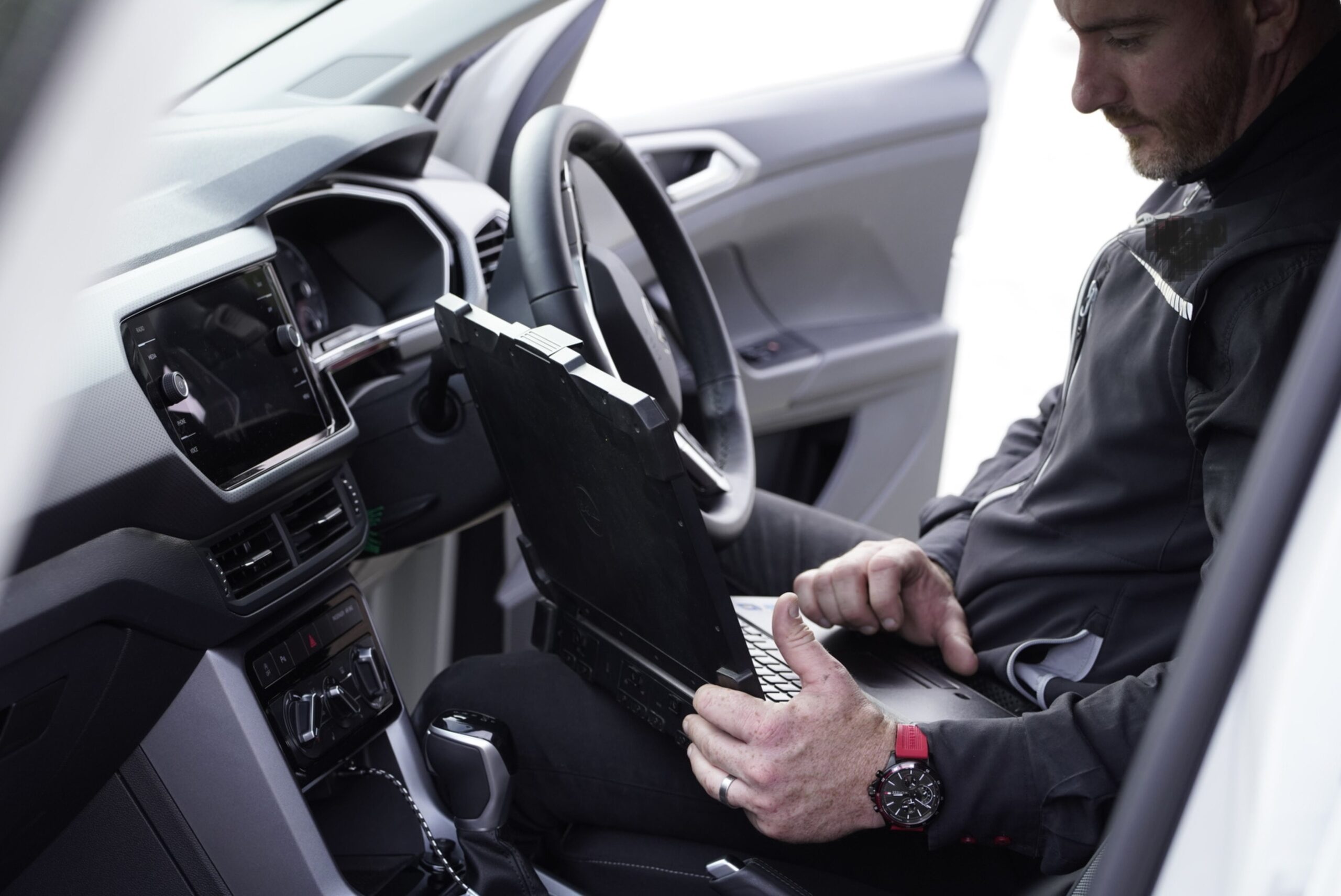Understanding Vehicle Key Replacement: A Comprehensive Guide
Vehicle key replacement is a necessary service that numerous vehicle owners encounter a minimum of when in their lives. Whether it's due to a lost key, a malfunctioning fob, or the need for a spare, understanding the key replacement process can save time, cash, and aggravation. This post will explore the complexities of vehicle key replacement, types of keys, costs, and regularly asked concerns to assist vehicle owners make informed choices.
Types of Vehicle Keys
Before diving into the replacement procedure, it is important to comprehend the various types of vehicle keys available today. Each type has its own special functions and replacement protocols.

1. Standard Mechanical Keys
- Description: Simple, metal keys that run by placing them into the ignition and turning.
- Replacement: Can be easily duplicated at a hardware store or locksmith professional.
2. Transponder Keys
- Description: Keys embedded with a microchip that interacts with the vehicle's ignition system for added security.
- Replacement: Requires programming to sync with the vehicle, typically done through a dealer or specialized locksmith.
3. Key Fobs
- Description: Remote control devices that can lock/unlock doors, begin engines, and deal other features.
- Replacement: Typically requires a visit to a car dealership for coding; some locksmiths likewise supply this service.
4. Smart Keys
- Description: Advanced keys that enable keyless entry and engine start through proximity sensing units.
- Replacement: Usually needs dealer intervention due to the complex shows included.
5. Keyless Ignition Systems
- Description: Systems that utilize a push-button start system rather of a standard key.
- Replacement: Replacement keys need to be programmed to the particular vehicle model and frequently need dealer support.
| Key Type | Description | Replacement Method |
|---|---|---|
| Traditional Key | Simple metal key | Hardware store/locksmith |
| Transponder Key | Key with embedded microchip | Dealership/specialized locksmith professional |
| Key Fob | Remote control device | Dealership/locksmith |
| Smart Key | Keyless entry mechanism | Dealership just |
| Keyless Ignition | Push-button start system | Dealer just |
The Vehicle Key Replacement Process
Discovering yourself in requirement of a vehicle key replacement can be a hassle. Below is a detailed process to follow to ensure a smooth replacement experience.
Action 1: Identify Your Key Type
Determine which kind of key you have to understand your Replacement key fob for car alternatives better. This info is vital as it substantially influences the overall procedure and cost.
Step 2: Gather Necessary Information
Collect the pertinent details, including:
- Vehicle make, design, and year
- Vehicle Identification Number (VIN)
- Proof of ownership or registration
- Chauffeur's license
Action 3: Choose a Replacement Method
Options:
- Dealership: Usually offers the most reliable service however can be more pricey. Great for shows and advanced keys.
- Locksmith professional: Often a more affordable alternative, specifically for standard keys and transponders. Guarantee that the locksmith professional is experienced in automotive services.
- DIY Solutions: For simple mechanical keys, replicating can be done at home or at local hardware stores that use key duplication services.
Step 4: Get a Quote
Contact the chosen service provider (car dealership or locksmith) to get a quote. This often involves offering details about your vehicle and the type of key needed.
Step 5: Schedule an Appointment
When you have selected your service provider and got a quote, established a visit for the replacement service. Ensure to inquire about the time required for programs if suitable.
Action 6: Complete the Transaction
At the appointment, bring all required info and documents. After the replacement is finished, test the new key to ensure it operates properly.
Step 7: Consider Spare Keys
After replacing or getting a brand-new key, it's smart to consider getting spare keys made to avoid future incidents.
Cost of Vehicle Key Replacement
The following table lays out the typical expenses related to different kinds of vehicle key replacements.
| Key Type | Typical Replacement Cost | Time Required |
|---|---|---|
| Conventional Key | ₤ 1 - ₤ 10 | 10 - 30 minutes |
| Transponder Key | ₤ 75 - ₤ 300 | 30 - 60 minutes |
| Key Fob | ₤ 50 - ₤ 600 | 1 - 2 hours |
| Smart Key | ₤ 200 - ₤ 500 | 1 - 2 hours |
| Keyless Ignition | ₤ 300 - ₤ 750 | 1 - 3 hours |
Notes:
- Costs might vary based on the vehicle make, model, and geographical place.
- Extra expenses might be incurred for on-site services or emergency calls.
Regularly Asked Questions (FAQs)
1. For how long does it require to replace a vehicle key?
The time required for replacement varies depending upon the type of key and chosen service provider. It can take anywhere from a couple of minutes for standard keys to numerous hours for intricate wise keys.
2. Can I replace my key myself?
For conventional keys, yes, they can quickly be copied at hardware shops. However, transponder and smart keys typically need specialized shows, necessitating professional assistance.
3. Is it more pricey to replace a lost key compared to a broken key?
Generally, yes. Replacing a lost key frequently involves configuring a new key from scratch, while a broken key might only require a replicate or minor repair work.
4. What should I do if my key fob quits working?
Inspect the battery initially; if that doesn't resolve the problem, think about speaking with a locksmith professional or dealer, as the fob might require reprogramming.
5. How can I avoid losing my type in the future?
Think about using key trackers, setting designated spots for key storage, and constantly returning keys to the exact same place after usage.
Vehicle key replacement may appear difficult, but understanding the process, kinds of keys included, and potential costs makes it more manageable. By understanding your options and preparing adequately, vehicle owners can make sure a smooth replacement process the next time they deal with the obstacle. While it might be a hassle, proper insight and planning can help decrease the disruption that comes with losing or requiring a new vehicle key.







